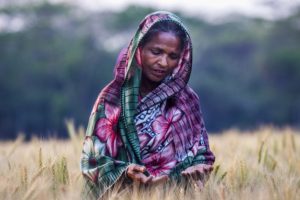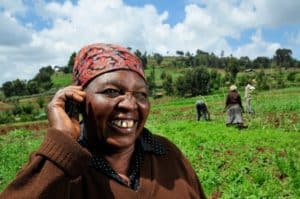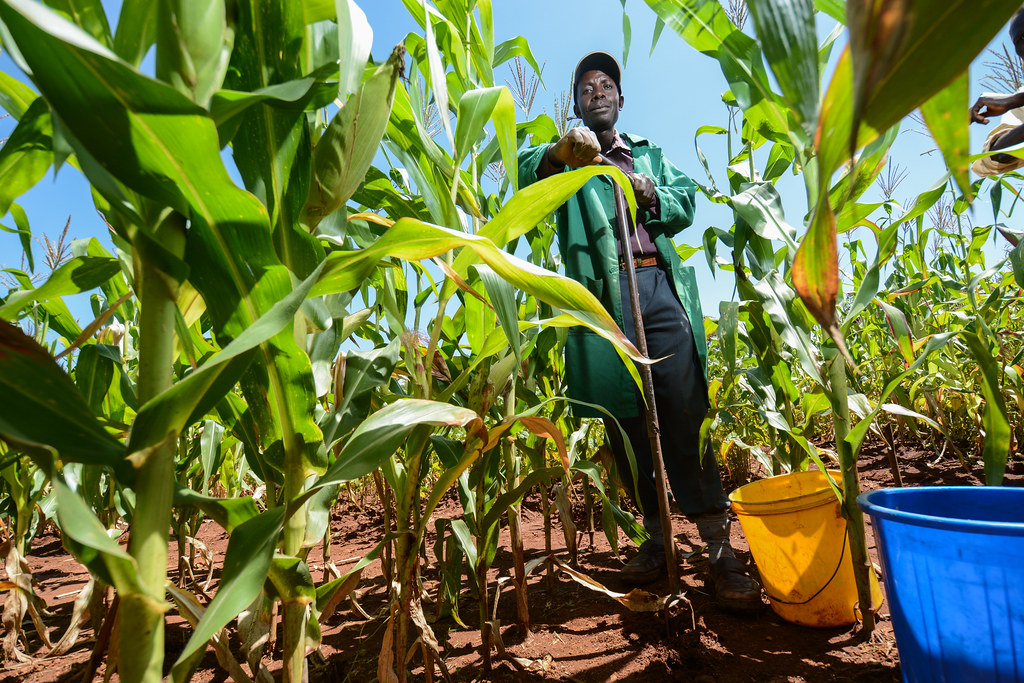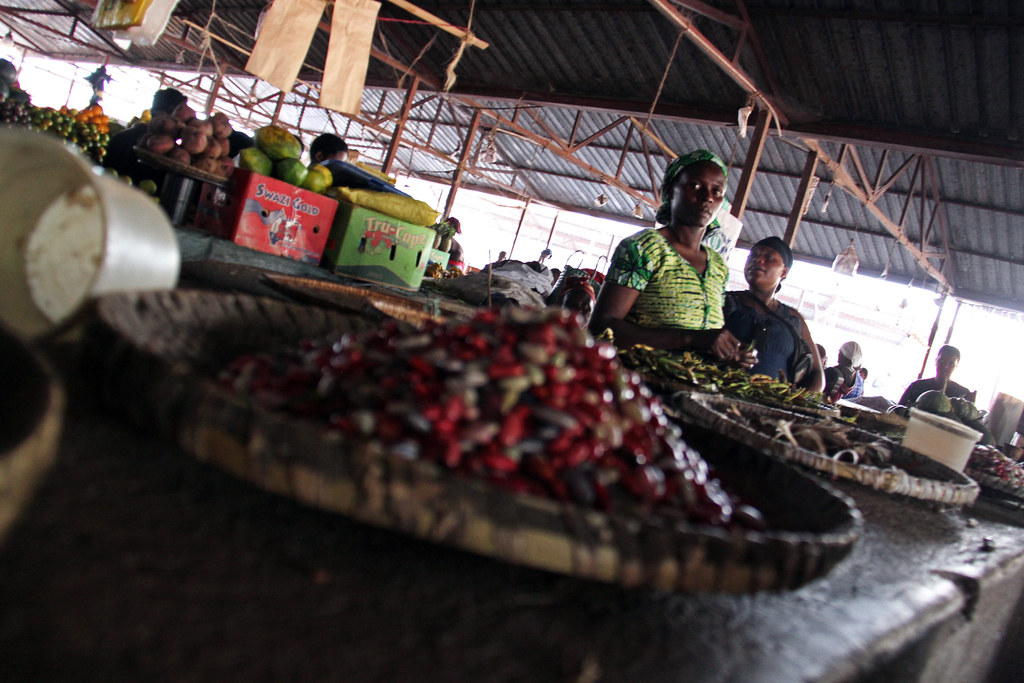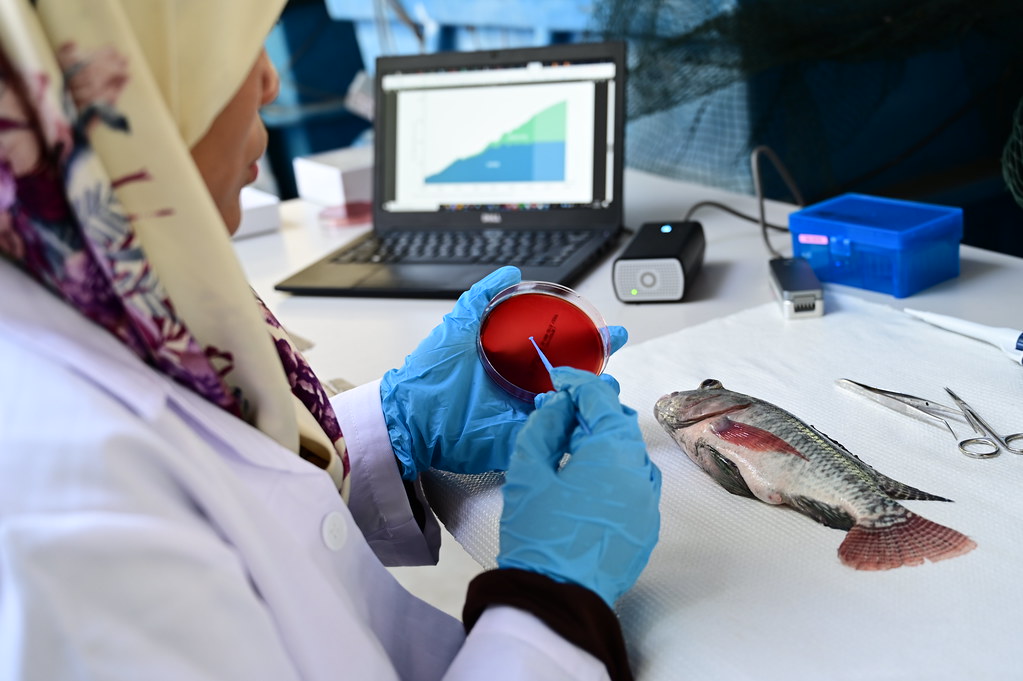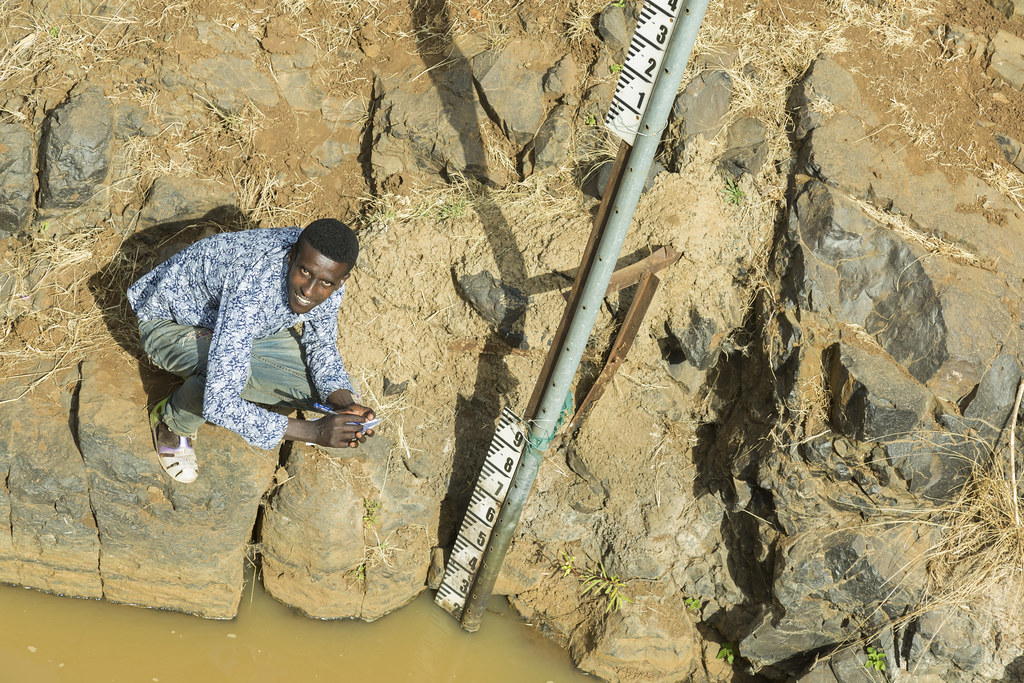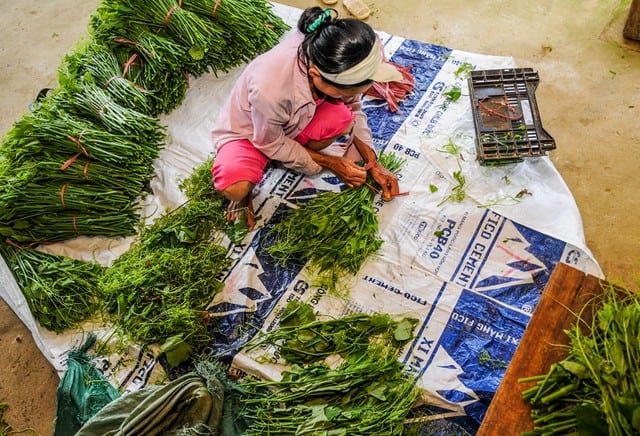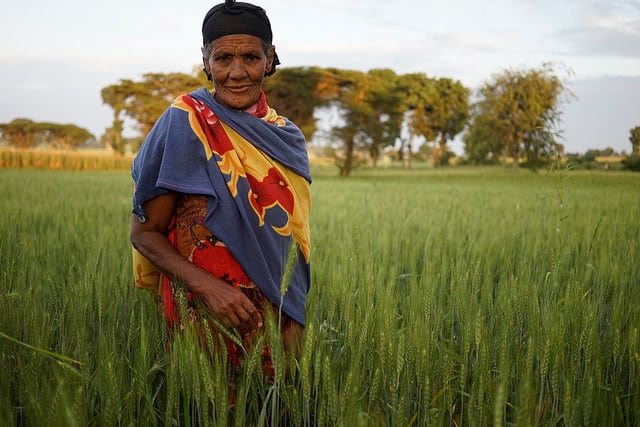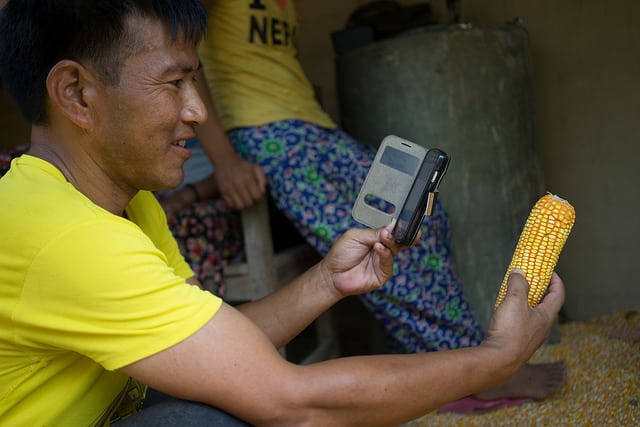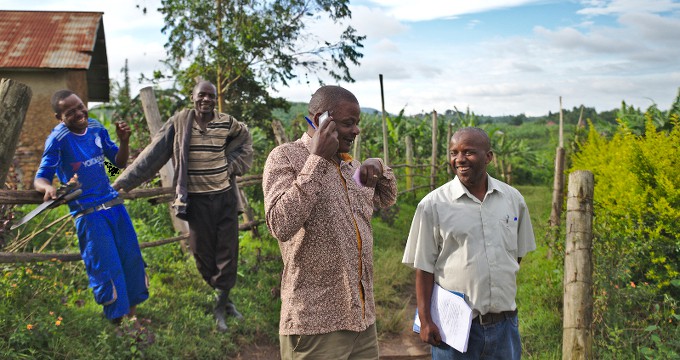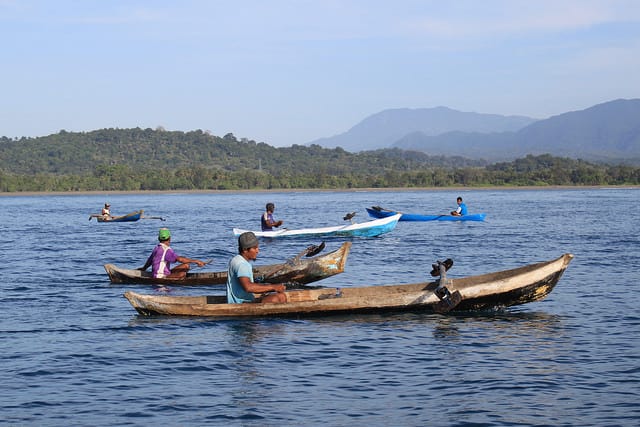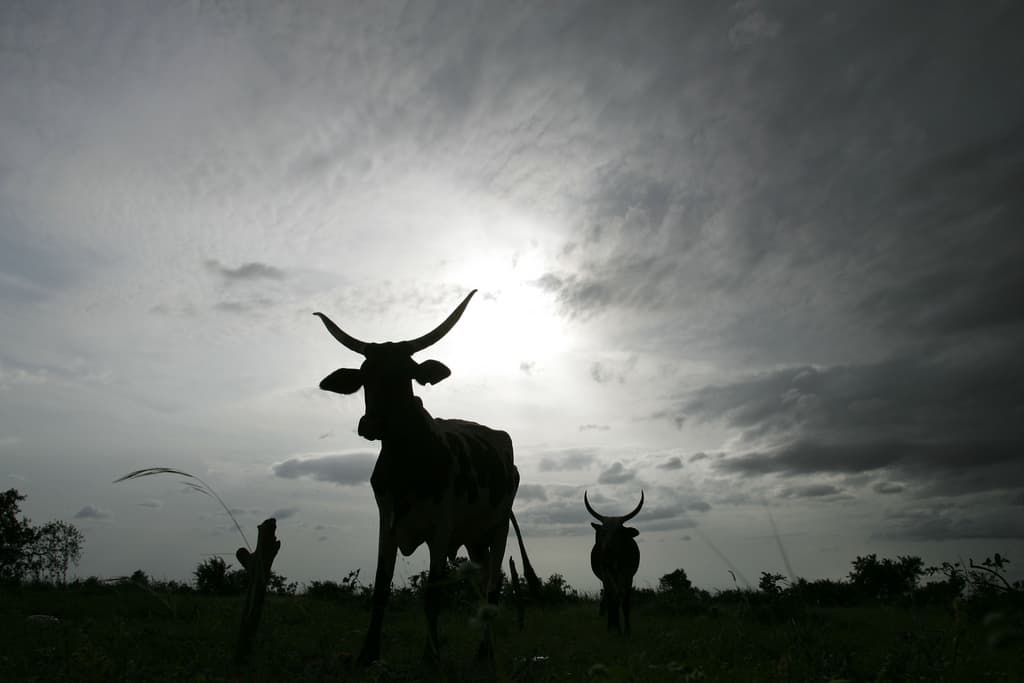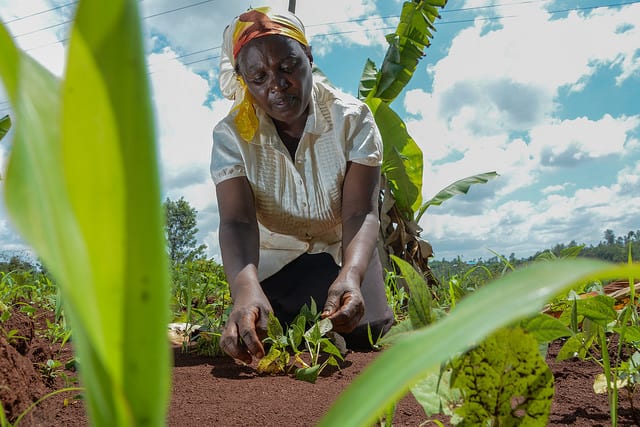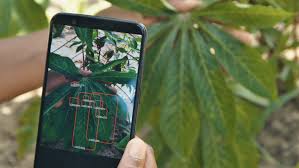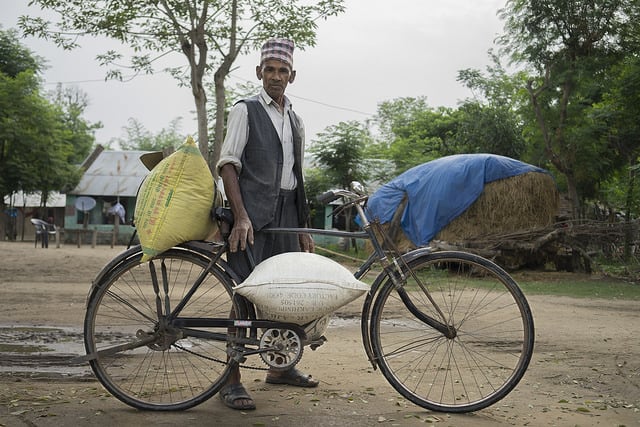2017 Winner
Using IVR to connect farmers to market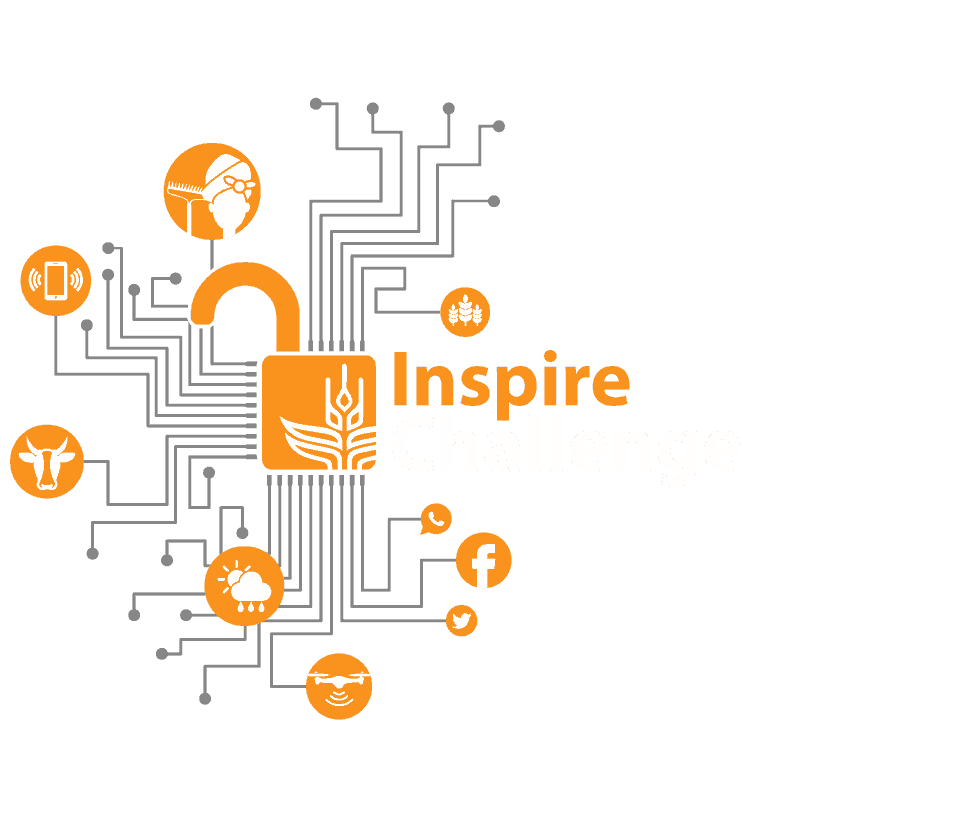
The Inspire Challenge is an initiative to challenge partners, universities, and others to use CGIAR data to create innovative pilot projects that will scale. We look for novel approaches that democratize data-driven insights to inform local, national, regional, and global policies and applications in agriculture and food security in real time; helping people–especially smallholder farmers and producers–to lead happier and healthier lives.
This proposal was selected as a 2017 winner, with the team receiving 100,000 USD to put their ideas into practice.

Using IVR to connect farmers to market in Nepal
The agriculture value chain in Nepal is informal and disaggregated, impeding the flow of information and resources. Development agencies have focused on increasing agricultural productivity. However, if farmers don’t have a market for their produce, they will not be able to translate higher yields into improved livelihoods.
There’s been a number of initiatives to increase farmers’ access to market prices to help them negotiate with buyers, but farmers still rely heavily on farm gate sales, depend on a series of middlemen, and have little bargaining power. Farmers also face challenges in finding services such as farm laborers and transportation to markets which inhibits their ability to harvest and transport products to and from the market on time. Buyers face similar market barriers; they rely on personal contacts to find products which constrains their operations to specific areas.
Viamo and CIMMYT aim to design and implement a crowdsourced interactive voice response (IVR) marketing service to increase linkages between individuals in the value chain. Farmers will be able to report their harvests and needed services through their phones and onto a web platform/app that buyers can use to locate produce.
The IVR market service will help aggregate and formalize the value chain by:
- increasing farmers marketability and bargaining power
- ensuring farmers can also find timely services such as labor and transportation
- helping buyers locate available product
Step by step
US$100K grant
The project was one of five winners of the Inspire Challenge 2017 and was awarded US$100K at the inaugural annual convention of the CGIAR Platform Big Data in Agriculture, 19-22 September.
Collecting data on stakeholder needs
CIMMYT and Viamo underwent an assessment of the actors in the value chain between the horticultural farmers and end consumers in Nepal. The purpose of the assessment was to determine constraints and opportunities where business models based on mobile market services can have the greatest impact. The outcome of the research included six iterations of mobile-based market interventions.
Designing the IVR market system
The team led a five-day human-centered design sprint that led to the deployment of two prototypes of the market access system. One prototype was built on IVR and the other on social media. The prototypes were tested with individual farmers, four farmer cooperatives, two agri-wholesalers, three agri-retail outlets, and two commercial buyers through a series of focus groups and interviews that assessed their usability and feasibility. The team concluded that the IVR-based prototype had the most potential, given the usability across education levels, literacy, and access to technology.
Piloting the IVR prototype
The project successfully piloted the IVR prototype in Surkhet, Nepal from July through September 2017. The pilot focused on horticulture farmers and buyers. In the pilot, users subscribed to the service by calling a toll-free number and answering a series of questions to determine their interest. The registration questions were pre-recorded voice messages (IVR) in Nepali language. The listener used the keypad on their phone to make choices. The choices included: identifying as a buyer or seller, amount, price, location, and availability of transportation.
801 individuals accessed the service; 28 buyers and 63 farmers completed the registration questions. The Viamo team matched the registered users, sending 72 SMS messages to farmers with the buyer contact information matching their criteria.
One week after sending the linkage SMS messages the team followed up with an IVR survey. 30 farmers answered the survey. Eleven farmers had already contacted a buyer with two farmers contacting two or more buyers. The most common response for not contacting a buyer was they already had a buyer. Of the eleven that contacted buyers, seven resulted in a transaction and three farmers reported they received more revenue by using the service. For those who didn’t sell to a buyer the most common response was they didn’t have produce to sell.
Securing a crucial contract with Nepal Telecom
During 2018 Viamo secured a contract with Nepal Telecom (NTC), one of the two main mobile service providers with 13 million users across Nepal. In this agreement, NTC users will have free access to Viamo’s flagship service, ‘321.’
321 is a toll-free information service utilizing IVR, SMS, and, soon, Facebook chatbots to give individuals the information they need to improve their lives. Users can proactively consult the directory of hundreds of localized, audio, and text messages crafted by experts on important development topics. Viamo curates the content and manages 321 while NTC covers the airtime costs and markets the service through SMS and USSD top up messages.
Nepal will be the sixteenth 321 country, and the service will include weather information, best practices for rice, maize, vegetables, and lentils, health, financial education, and more. The contract with NTC is crucial to the service’s sustainability and scalability.
What's next?
Based on the results of the pilot, the team is confident in the parameters needed to make a successful match between buyers and farmers. The contract secured with NTC to make the service available at the national scale was an important step.
However, at the moment, Viamo exports the data given by users, makes the matches, and then sends the SMS linking message. This is tedious, labor intensive, and not feasible at a large scale. Building the technology to automate the linkages and SMS messages is the main constraint the project faces to roll out the service at scale.
To expand the market linkage service across the value chain (adding other stakeholders including farm laborers, input suppliers, financial institutions, transporters, etc.) and across Nepal, the project needs scaling funds to build the AI software that will allow to read a user’s data, match it with another user, and automate an SMS message to be sent with the contact information.
Project News and Resources
Meet all the Winners




